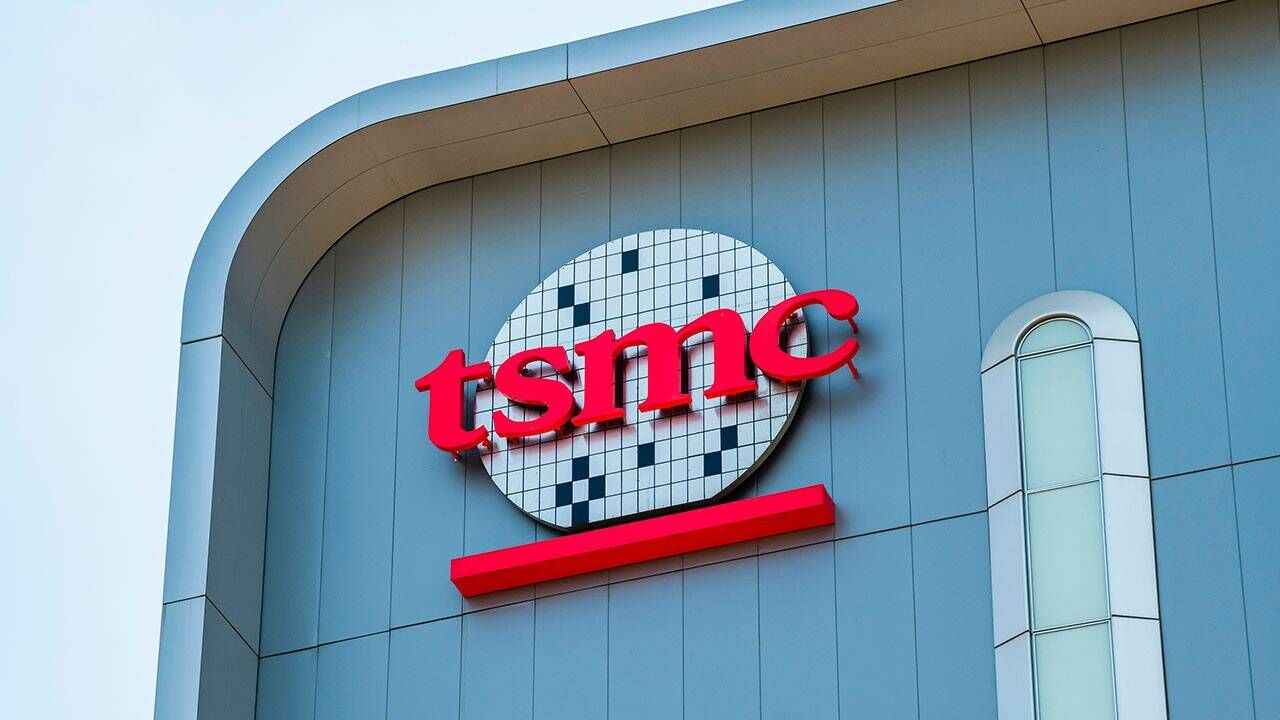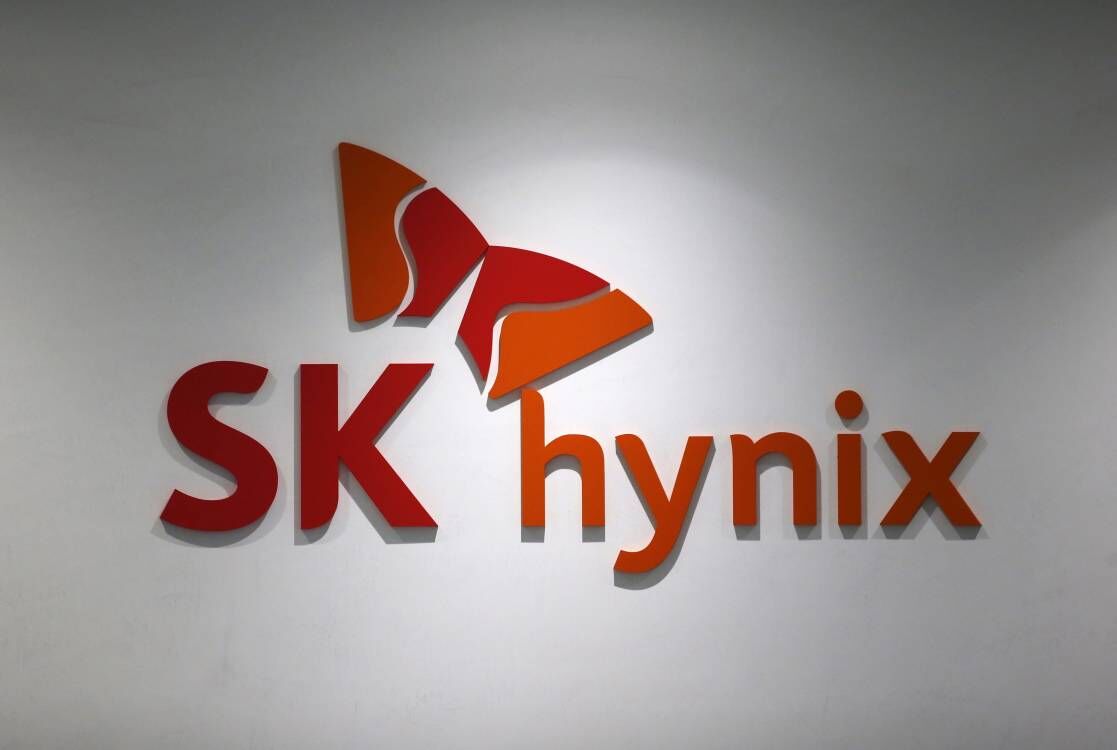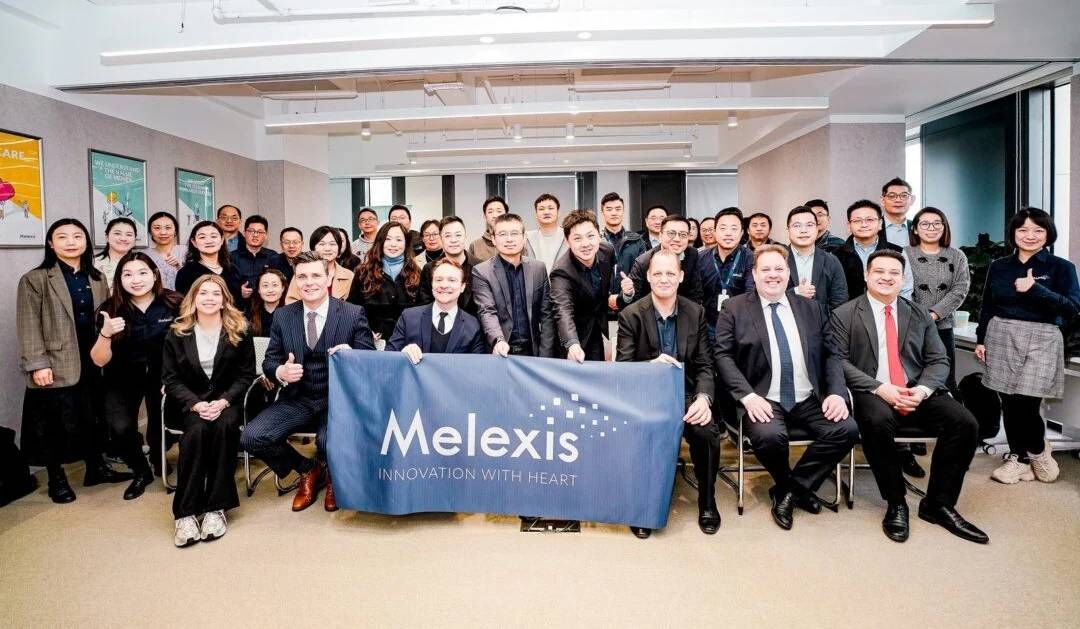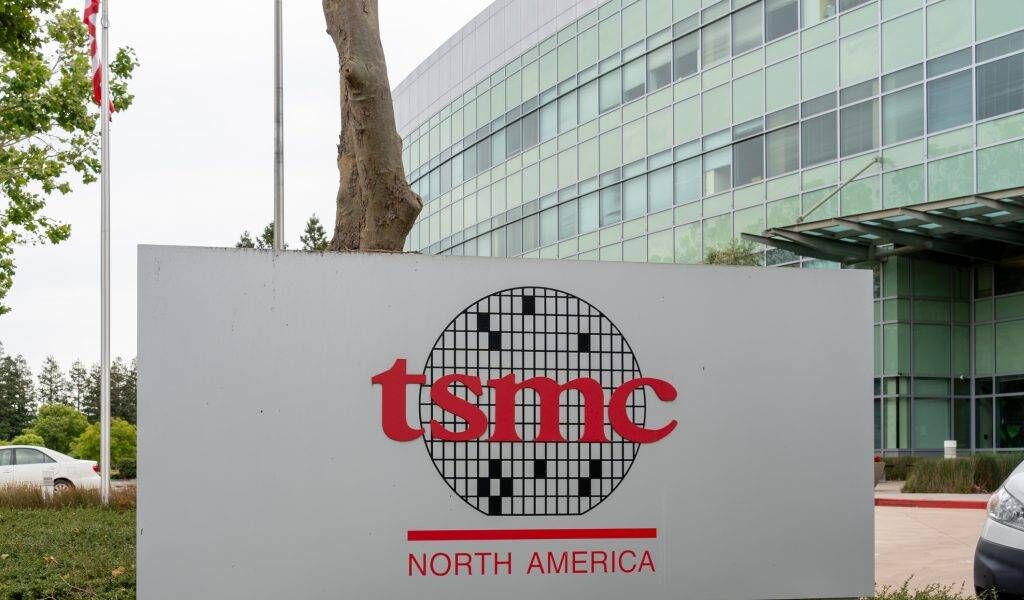October 1, 2024 /SemiMedia/ — Kingston, the world’s largest memory module maker, has launched a price-cutting strategy to clear out inventory of mid-range products, signaling ongoing weakness in the consumer electronics market and mounting pressure on memory inventories.
Industry sources report that while high-bandwidth memory (HBM) and data center SSDs are experiencing strong demand driven by AI growth, the broader memory market—especially for PC and consumer electronics—remains sluggish. Kingston’s move to lower prices highlights the persistent inventory challenges facing the industry.
Taiwan-based memory module manufacturers are facing significant inventory levels, with some holding stockpiles of 9 to 11 months. Analysts warn that any decline in DRAM prices could result in substantial inventory write-offs. Memory chipmakers have offloaded large volumes of inventory to downstream module manufacturers, adding to the burden.
Industry experts suggest the traditional cyclical nature of the memory sector may be fading. Apart from a few firms capable of producing HBM, such as SK Hynix, Micron, and Samsung, many memory companies relying on PC and consumer electronics markets are facing lower-than-expected profits or even operating at a loss.
More companies are expected to follow Kingston’s lead in cutting prices. Market watchers are closely monitoring the moves of A-data, Transcend, and Phison as they adjust to the current market conditions.
The outlook for the memory sector remains bleak, as excess inventory and weak demand continue to weigh on recovery prospects. Any meaningful rebound in the near term seems unlikely.












All Comments (0)